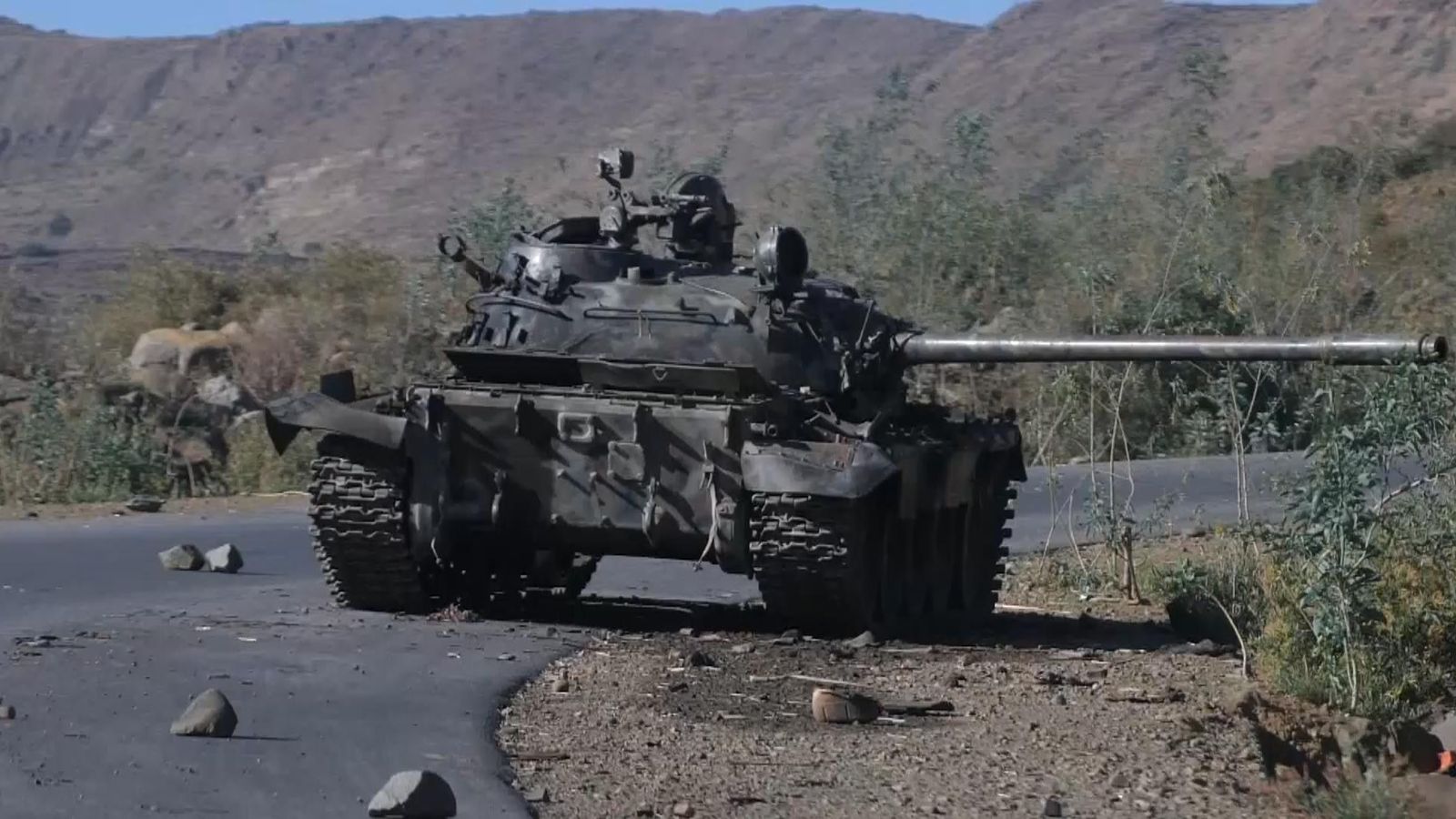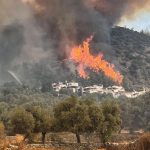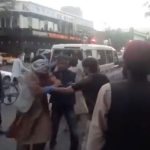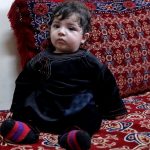When the prime minister of Ethiopia took control of the ruling party in 2018, he promised an open election – something this country of 110 million has never experienced before.
It was part of a package of eye-catching reforms introduced after Abiy Ahmed took the top job – and one reason why he is now preparing for a five-year term.
Even the main opposition groups expect his Prosperity Party to sweep the polls.
But in his moment of triumph, Dr Abiy has suffered a serious blow in the restive region of Tigray.
After a brutal eight-month conflict, forces loyal to the region’s former leaders, the Tigray People’s Liberation Front (TPLF), have pushed the military out of towns and cities seized by Ethiopian troops last November.
The government declared a unilateral six-month ceasefire as soldiers and officials fled the regional capital Mekelle, but the TPLF showed little sign of following suit.
Their spokesman, Getachew Reda, said the war in Tigray would continue.
“Our forces are in hot pursuit trying to finish them off on the road (and) until every square of Tigray is liberated from the enemy our offensive will continue.”
Yet this setback is unlikely to dent Abiy Ahmed’s popularity in the rest of the country.
He has built up significant support after he outmanoeuvred the Tigrayan wing of the ruling party to become the country’s leader.
A simmering dislike of the role played by the TPLF in this coalition that has helped sustain Dr Abiy through the conflict.
But his standing as a reformer and peacemaker has been damaged by the conflict in Tigray.
Thousands of people have been killed and more than two million displaced with aid agencies struggling to gain access to those effected.
Analysis by UN agencies and aid groups suggest 350,000 are on the brink of starvation. Allegations of mass killings and mass rapes are commonplace.
The US has threatened Dr Abiy’s administration with a new range of sanctions while the UK and 13 other nations have urged him to convene a broad-based national dialogue to end the crisis.
“Elections alone cannot bring democratic transition or resolve the political challenges being faced,” said the group of foreign governments in a joint statement.
However, as the pressure rises, one of Ethiopian’s best-known citizens has directed a pointed warning at the international community.
Haile Gebrselassie is a two-time Olympic gold medallist and he thinks this country of more than 100 ethnic groups is far less stable than the diplomats and foreign politicians think.
“I think, there is a lot of pressure (on) this country and I think the West… they have to be careful,” he said.
A successful businessman with a hotel chain and cinema amongst other ventures, he also serves on a body known as The Elders which has been asked to mediate in disputes like the one in Tigray.
Nevertheless, he believes Ethiopia needs a strong leader to hold the place together.
“Who is going to support this fight between the brothers? They are my brothers who are fighting in the bush. But again, if you keep pushing this way, the result will be very bad.”






















